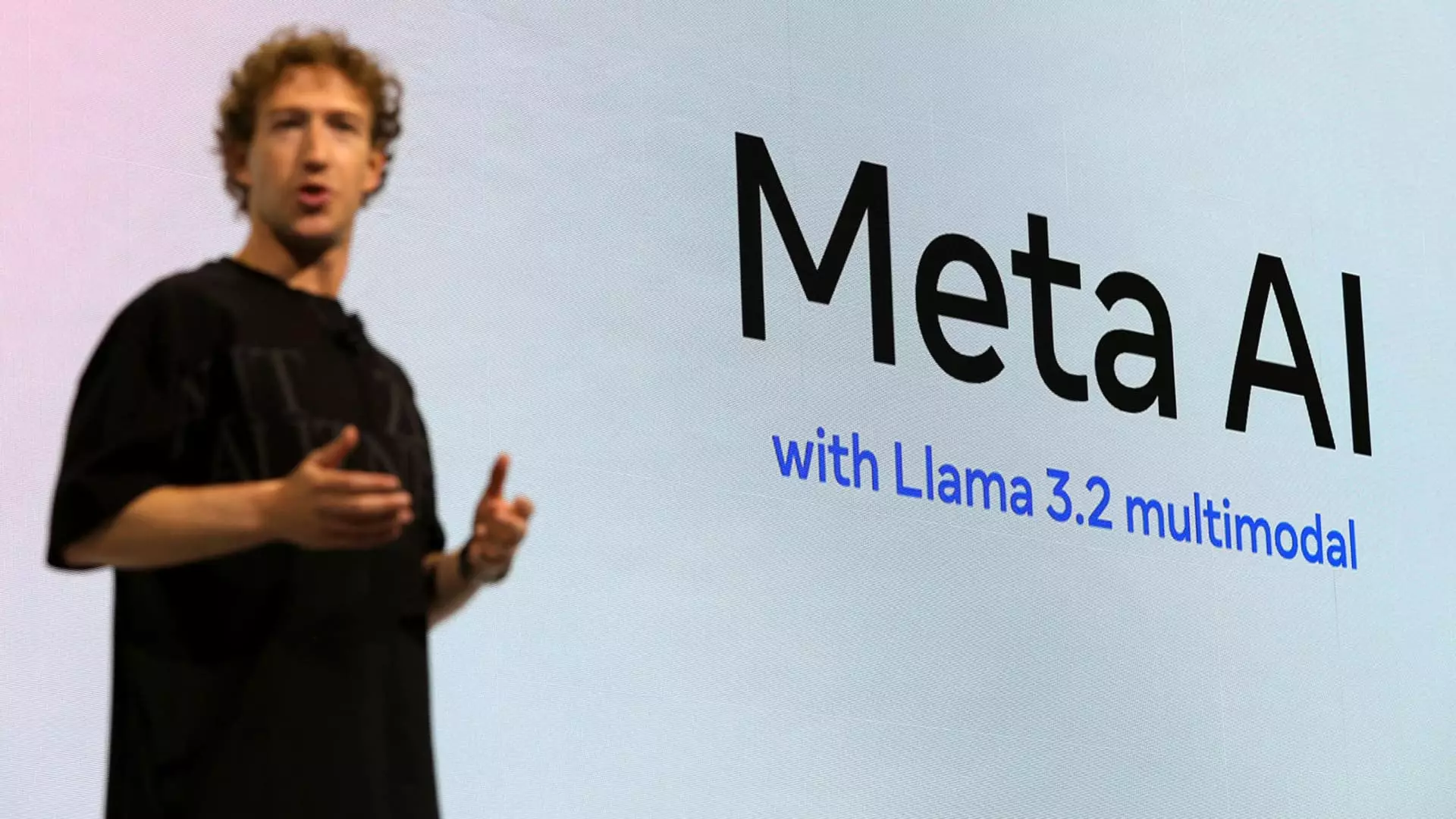In a significant legal development, Meta emerged victorious in a pivotal copyright lawsuit, navigating a minefield that has ignited intense debates around intellectual property and technological advancement. U.S. District Judge Vince Chhabria’s ruling, while advantageous for Meta and its Llama AI model, has left many uneasy about the broader implications for authors and content creators. The case featured notable plaintiffs, including prominent figures like Sarah Silverman and Ta-Nehisi Coates, challenging Meta’s right to utilize their literary works for training an artificial intelligence model without explicit permission. This scenario raises pressing questions about the future of copyright law amid the rapid evolution of AI and machine learning technologies.
The contours of fair use: Are they bending too far?
Judge Chhabria’s ruling hinges on the doctrine of fair use, a legal concept designed to balance the rights of copyright holders with the need for innovation and public access to information. He asserted that Meta’s utilization of books in training its AI constituted a “transformative purpose,” thus safeguarding it under the fair use umbrella. While the court acknowledged the importance of fostering innovation—citing that open-source AI models spur creativity and productivity—one cannot help but wonder if the scales are tipping in favor of corporate interests at the expense of individual creators.
Chhabria’s dismissal of the plaintiffs’ claims of market harm is particularly unsettling. Although he seems to respect the fundamentals of copyright law, the sudden turn in favor of a tech giant raises red flags. If the benchmark for what constitutes “market harm” becomes so narrowly defined that it overlooks the creator’s potential financial and emotional investments, we risk undermining the very fabric that protects artistic expression. It’s troubling that the judge concluded the plaintiffs lacked compelling evidence, suggesting that their grievances were merely a theoretical threat rather than a tangible concern.
Creativity in jeopardy: The overlooked voices
The decision, while framed as a win for innovation, can feel more like a victory for corporate overreach when viewed through the lens of the individual artist. The creative community faces a daunting challenge as this ruling allows tech giants like Meta to continue finding loopholes and reinterpreting fair use to suit their substantial resources. The notion that saturating LLMs with a wealth of copyrighted materials is somehow in the best interest of public progress feels alarmingly naive.
Moreover, Judge Chhabria’s remarks about the “public interest” being served through unrestricted access to copyrighted works as training data appear dismissive of the profound effects on authors struggling to make a living from their craft. There exists a palpable tension between fostering innovation and preserving the rights of individuals who pour their hearts into creating content. An unrestrained approach might very well mean that when technology thrives, the creative souls behind the content languish under the weight of their obscurity.
The cracks in Meta’s castle: Cautionary signals
Despite this apparent judicial victory for Meta, it’s essential to recognize the caution flags waving just beyond this ruling. Judge Chhabria’s comments indicate that the legal landscape surrounding AI and copyright is far from settled. He pointed out that the ruling solely impacts the rights of the thirteen authors involved, leaving countless others vulnerable to similar encroachments on their rights. This raises the pressing concern of a fragmented legal approach wherein the interests of large corporations often dominate.
Additionally, the judge highlighted ongoing allegations against Meta related to possibly illegal distribution of authors’ works. This suggests the ruling isn’t a conclusive mandate that companies can freely exploit artistic literature; rather, it may be akin to a permission slip for certain kinds of exploitation. If subsequent cases emerge, particularly where audio-visual or written content is involved, a separate legal battle over definitions could arise, complicating Meta’s already precarious position.
Fostering innovation and respecting creative rights can—and must—coexist in a fair marketplace. Yet, as Judge Chhabria’s ruling indicates, there is still a long way to go before authors and content creators experience the peace of mind they need in an age where AI threatens to redefine the rules.

